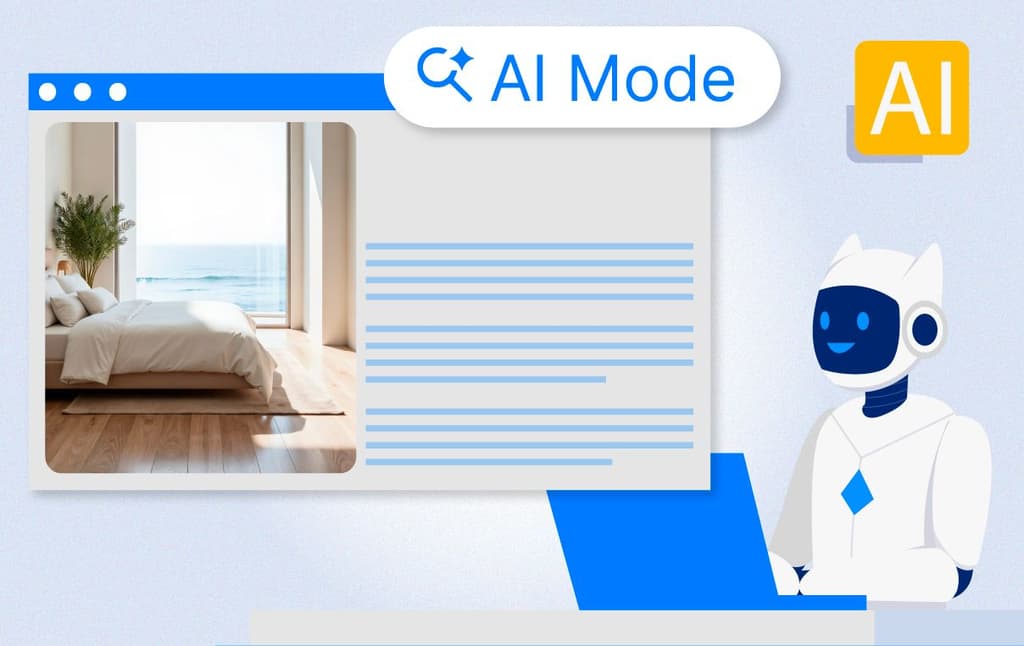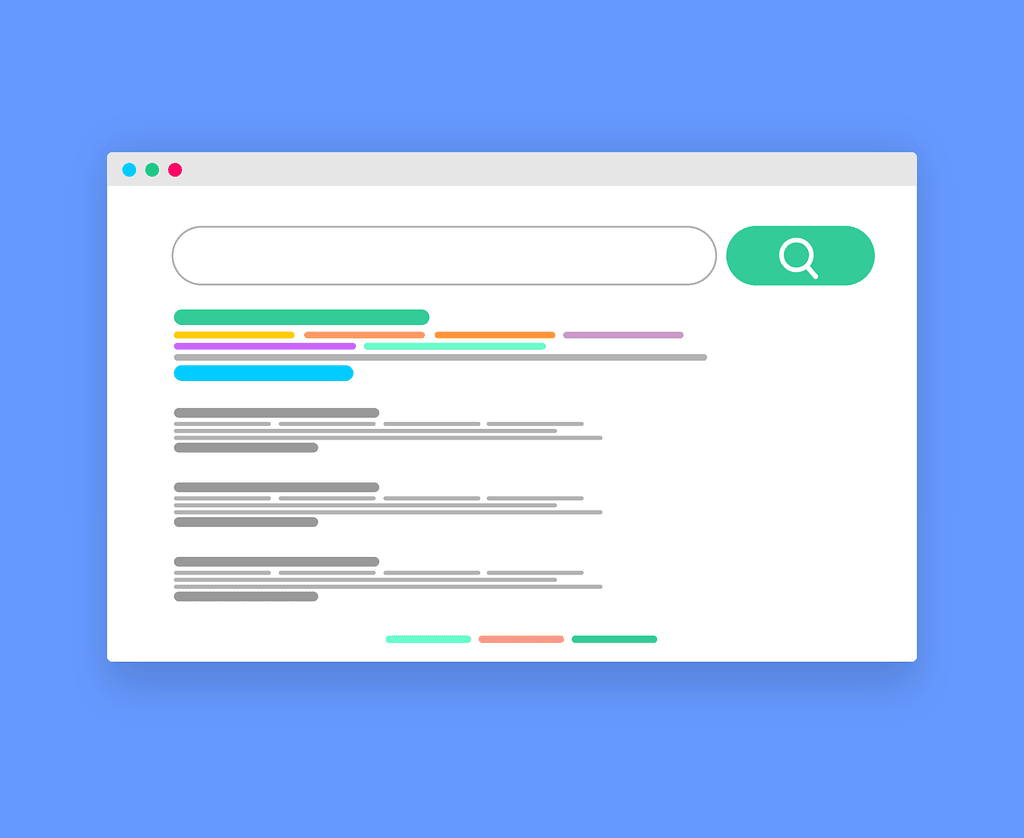Tuesday, October 14, 2025
What hospitality properties should know about AI optimization


Have you ever used an AI tool to plan a trip? If so, you’re not alone. Travelers are increasingly turning to AI-powered search engines like ChatGPT, Gemini, and Perplexity to discover destinations and book their stays. This shift is reshaping how bed and breakfasts, inns, and boutique hotels are found online.
This is where AI Optimization (AIO) comes in. As technology transforms the hospitality industry, AIO helps independent properties stay visible in AI-driven search results, compete with larger brands, and connect with travelers earlier in their planning process.
The shift is already here, and keeping up is essential to avoid getting lost in the competition.
The basics: Understanding AIO and generative engine optimization (GEO)
When travelers use AI platforms like ChatGPT or Gemini to plan their trips, they’re not searching the web in real time. Instead, they interact with large language models (LLMs), systems trained on enormous amounts of online data that can instantly summarize, recommend, and even book travel options.
AI Optimization (AIO) is about making your property more visible and trustworthy to AI-powered search engines like ChatGPT, Gemini, Perplexity, and Google’s AI Overviews. It’s similar to SEO, but instead of optimizing for traditional rankings, AIO focuses on making your business easy for LLMs to find, interpret, and trust across AI-powered platforms like Google’s AI Overviews and Perplexity.
Within AIO, a more focused tactic is Generative Engine Optimization (GEO). While AIO covers your entire digital presence (your website, reviews, listings, and online content), GEO zeroes in on how your information is used inside AI-generated answers. In other words, AIO makes your property visible to AI tools, and GEO helps ensure it’s chosen when they respond to traveler questions.
Together, AIO and GEO ensure your property stays visible when travelers use AI tools to plan their next stay.
Why AI visibility matters for independent properties
More travelers now use AI-powered tools to plan and book their trips. In fact, over 50% of travelers are ready for AI agents to handle entire itineraries, according to Accenture’s latest Consumer Pulse survey. This shift marks one of the most significant changes in traveler behavior since online bookings began, and it’s reshaping how small hospitality properties get discovered.
For example, a traveler might ask, “What’s the best inn near Cape May with ocean views and breakfast included?” Within seconds, the AI generates a shortlist of trusted properties based on available data, reviews, and online credibility.
If your property isn’t mentioned, you’re invisible to that potential guest and a growing audience of travelers who rely on AI for planning. AIO and GEO strategies help ensure your property appears in these AI-generated results, keeping you visible as the industry moves toward this discovery model.
As AI search continues to evolve, showing up in these results is no longer optional. It’s how small properties compete with OTAs, reach more travelers directly, and stay relevant in an increasingly AI-driven market.

How to help your property show up in AI search results
Once you understand AIO, the next step is putting it into practice. The goal is to make your property easy for AI systems to find, interpret, and trust, so it appears as a recommended option when travelers use AI-powered tools to plan their trips.
Here are four effective ways to strengthen your online presence and boost visibility in AI-generated travel results.
1. Optimize content for clarity and simplicity
AI-powered search engines favor clear, conversational, and easy-to-interpret content. When your website, blogs, and social media posts describe your property, amenities, and experiences in natural, straightforward language, AI tools can better understand and recommend your business in relevant travel searches.
Writing this way helps ensure your property’s information is accurately represented and more likely to be featured in AI-generated recommendations across platforms like Google’s AI Overviews, ChatGPT, and Perplexity.
📌 Tip: For busy innkeepers who don’t have time to manage ongoing content creation, ThinkContent makes it simple to stay visible and competitive. Our team stays current with the latest SEO and AIO strategies and best practices to help your property appear in traditional search results and AI-powered travel recommendations.
2. Update website regularly
Regular website updates signal authority and trust to AI systems. Large language models (LLMs) and AI-powered search engines prioritize accurate, current, and well-maintained information. Refreshing your site with recent photos, seasonal details, and guest reviews shows your property is active and reliable, improving the likelihood of appearing in AI-generated travel results.
3. Build brand consistency across the web
AI systems rely on consistent information to recognize and recommend your property accurately. Inconsistent details across your website, Google Business Profile, or OTA listings can confuse travelers and AI, hurting visibility in AI-powered search results.
Keep your property name, descriptions, and amenities identical everywhere online. Consistency builds trust and strengthens your presence in Google’s AI Overviews and LLM-based travel recommendations.
📌 Tip: Review all your listings at least twice a year. Even minor discrepancies can affect how AI interprets and ranks your property.
4. Use schema markup to give AI the complete picture
Schema markup is behind-the-scenes code that helps AI systems and search engines interpret your website’s content. It organizes details like room types, amenities, and reviews so large language models (LLMs) can accurately present your property in search and booking results.
Adding structured data ensures AI recognizes your property as credible and complete — increasing your chances of appearing in AI-powered travel recommendations. Again, if you’re not already using schema, your web developer or marketing partner can easily implement it.

AI-driven visibility: The key to your property’s success
AI is rapidly redefining how travelers search, compare, and book stays. Instead of scrolling through pages of search results, they’re turning to AI-powered engines that deliver instant, personalized recommendations. If your property isn’t optimized for AIO, you risk being entirely left out of those results.
Staying visible in Google’s AI Overviews and LLM-based tools is no longer optional, it’s essential.
Properties focusing on AIO will enjoy their enhanced visibility, attract more direct bookings, and remain top of mind as AI continues to influence traveler decisions.
We know keeping up with new technology and ever-changing optimization strategies can feel overwhelming. That’s where ThinkReservations can help.
Our integrated tools and expert support make it easier for bed and breakfasts, inns, and boutique hotels to strengthen visibility, streamline operations, and thrive in an AI-driven future. This shift isn’t coming; it’s already here.